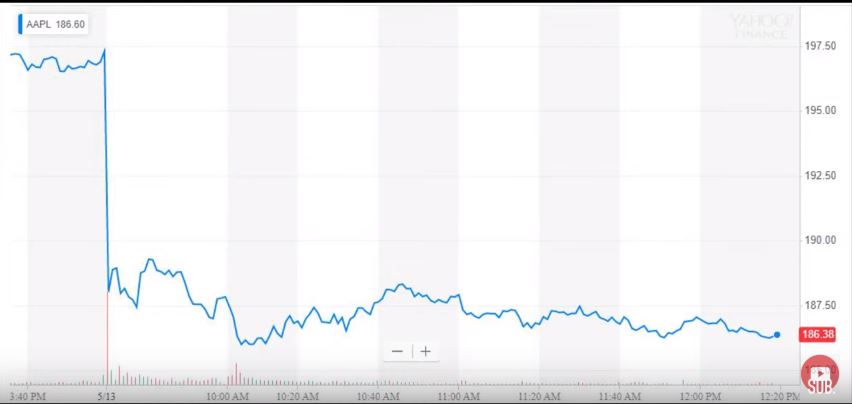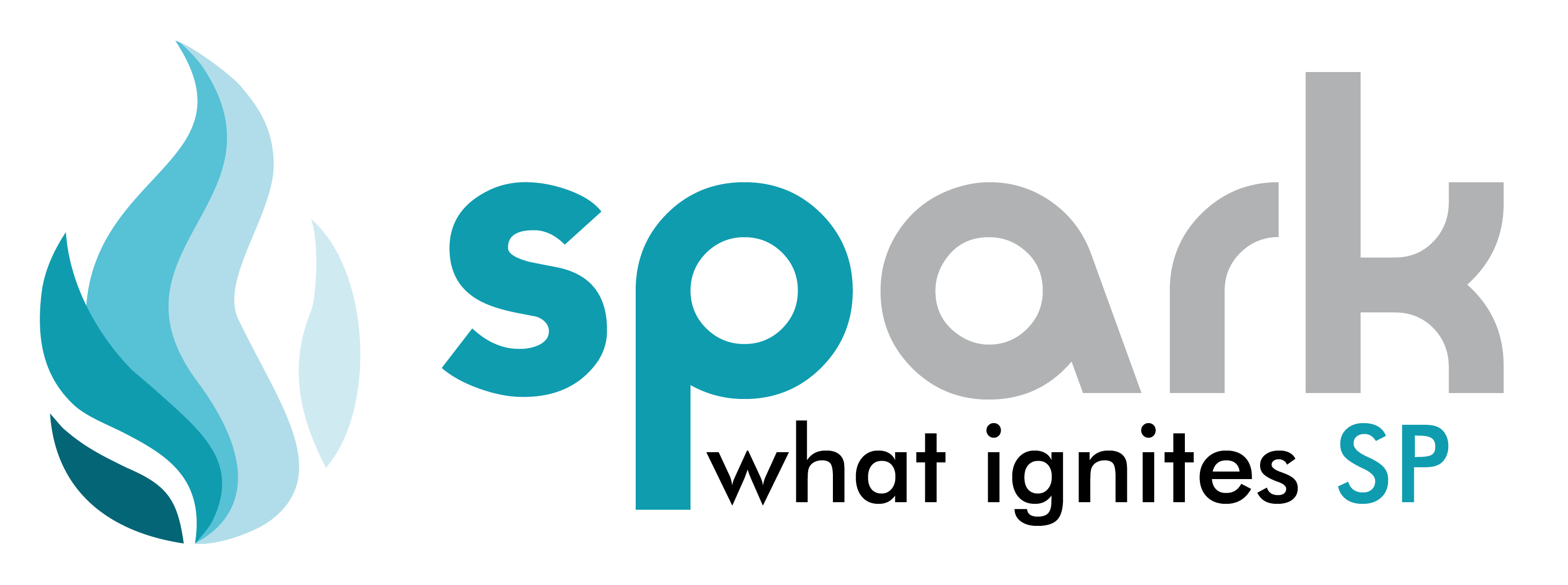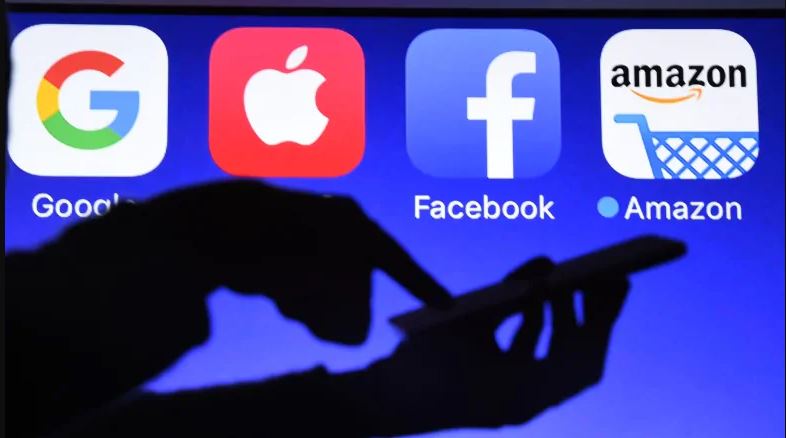The “Big Tech” wield a lot of power these days; they are some of the most valuable companies in the world but it’s easy to forget how quick and meteoric their rises have been. But while money brings power, this new breed of global leaders has much more than just money or power – they have your data. It’s a relatively new commodity and the rise of technology has given these companies unprecedented information about us now.
The world’s most valuable resource is no longer oil, but data. Data is the new oil.
A question being asked is are these companies able to responsibly handle such power? Do they have too much power? And among growing fears of the tech giants’ influence of power over the population and the market, there’s a new movement to break up the Big Tech.
Generally, competition is good. It drives companies to innovate, reduces cost and produces better products as they compete to be the consumers first choice. Ultimately, the consumers benefit from this. However, if a company has too much market share, it can use this to its advantage by squeezing out smaller competitors or using this power to unfairly manipulate the market in its favour.
The Antitrust
A classic example is a big supermarket chain putting the local stores out of business. Due to their size they can buy products cheaper and then ramp up prices later when there’s no competition. This is called antitrust and it’s the main reason why there’s a government war against big tech. However, factors such as the power the companies have over the population and the sheer control of everyone’s data are also important motivating factors. Antitrust laws are in place to regulate how businesses deal with each other and their customers, and to promote fair competition. This is mainly to stop monopolies from forming or companies taking too much of the market and abusing their power.
Big Tech Under Fire
Facebook’s power to discriminate on free speech has been argued to have impacted on the development of political ideologies within the population. Even Mark Zuckerberg himself has said that he and the Facebook team have too much power over speech. Facebook does have a board of directors but Mark owns the majority of the shares and unlike the leader of a democracy, Mark has no boss and he cannot be fired.

Scandals like Cambridge Analytica have exposed the ways that Facebook monetises people’s data, but it goes further than this. Recently, Facebook announced their own currency in the form of Libra coin which was met with strong reactions by both the public and regulators. Extrapolating into the future, the integration of Libra into Facebook services could see the company gain direct control of the most fundamentally powerful asset that we have in society – our money.
In this early stage a lot of people say that it’s not going to happen. But really it could be as simple as Facebook and their many corporate partners offering 50% off of anything bought with Libra coin. Facebook will then take that loss. Such a move could be enough to get early adopters to join and then the momentum and critical mass could follow shortly after and this isn’t to mention the prime readiness of developing markets.
Apple, meanwhile, is in the middle of a class-action lawsuit for inflating prices in its App Store. Here the developers of the apps pay a yearly listing fee and give Apple a 30% commission on the sale of their app. Since you can’t buy an app without the App Store it’s claimed that Apple is abusing its power to make you pay 30% more for apps than you otherwise would if the developers are allowed to sell to you directly.

Google and Amazon’s listening technology in the form of Google Home and Amazon’s Alexa have sparked inquests into whether that data is being used for advertising purposes or even worse – recording private conversations. Google is also under fire for using its market position to favour its services over other competitors, for example, favouring Google ratings over Yelp ratings in their search algorithms.
As for the rest of the cases against Big Tech with the US government’s legal armies, Google has mentioned that they’ll be cooperating with the government but Facebook so far has remained silent.

The most realistic outcome possible from these investigations is that the Big Tech will hire an army of lawyers to fight any resulting cases. In the end, if any wrongdoing is found they’ll be slapped with some fine and new regulations may be put in place. But what if this doesn’t happen? What if these companies are actually broken up? For example, breaking up Facebook might require undoing of the mergers (i.e Whatsapp and Instagram) which might reinvigorate competition.
How the Big Tech went from startups to world leaders in a matter of a couple of decades, we may only get one chance to write the rules!
We are at that stage in history where we are seriously questioning the intent of the companies which we raved about for so many years, that brought us the internet in all its glory, and brought us the tools that revolutionized society. We are starting to realize the value of data and what it could do in the wrong hands but more importantly we’re now writing the rules about how Big Tech should behave with such rapid advances in technology.

